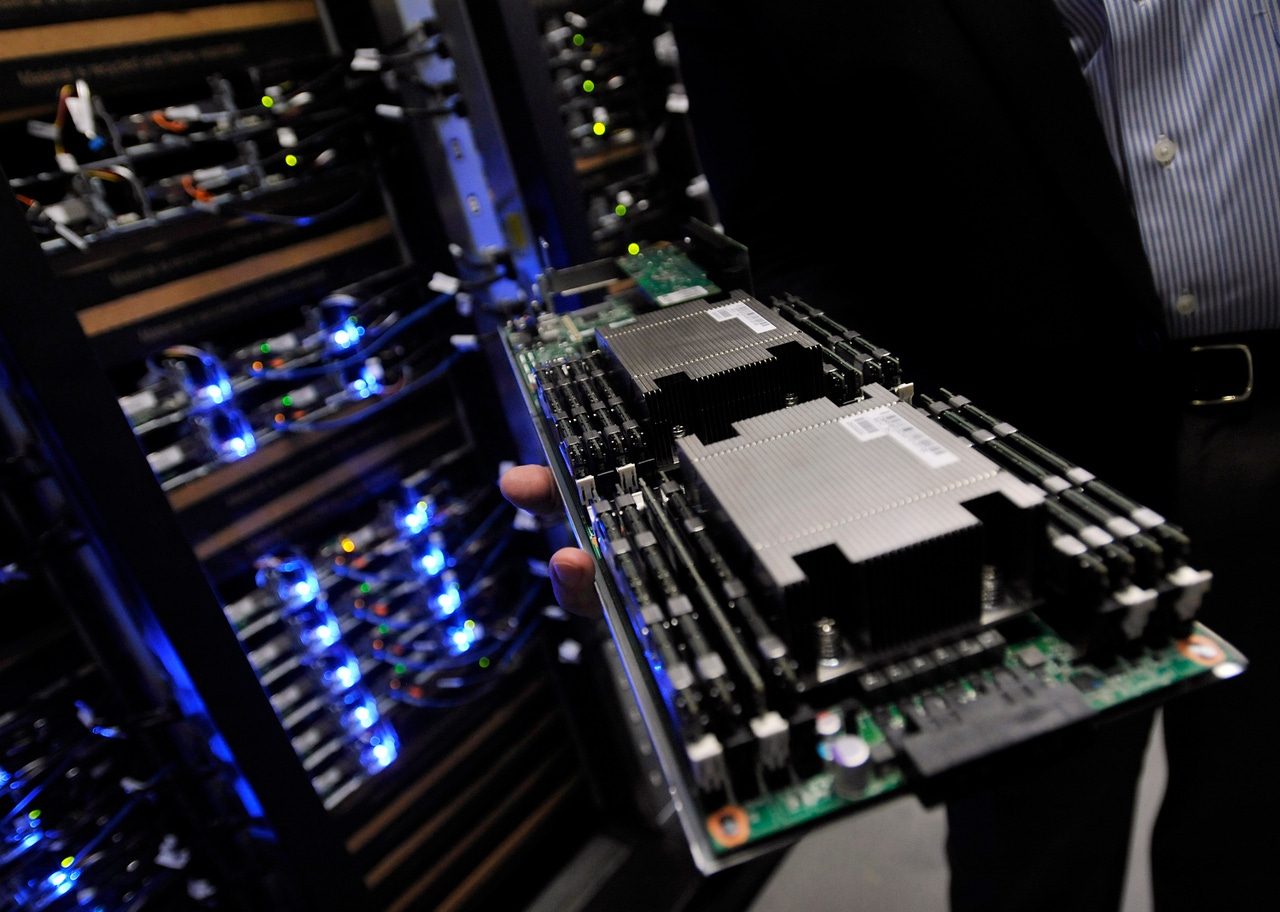Facebook Hires a Head of Chip Development From Google
Shahriar Rabii, who's worked on the team building chips for Google devices, has joined Facebook•He will work under Facebook's head of virtual reality and augmented reality, anonymous sources told Bloomberg•Facebook started forming a chip-design team earlier this year•While Facebook is working on consumer devices, such as Oculus Go, being able to design its own processors could also help it improve its data centers
July 16, 2018

Mark Gurman and Sarah Frier (Bloomberg) -- Facebook Inc. has sent another signal that it’s serious about building its own semiconductors, joining Apple Inc., Alphabet Inc.’s Google, and Amazon.com Inc. in trying to make its own custom chips.
The social-networking giant this month hired Shahriar Rabii to be a vice president and its head of silicon. Rabii previously worked at Google, where he helped lead the team in charge of building chips for the company’s devices, including the Pixel smartphone’s custom Visual Core chip, according to his LinkedIn profile. He’ll work under Andrew Bosworth, the company’s head of virtual reality and augmented reality, according to people familiar with the matter.
Spokesmen for Facebook and Google declined to comment on Rabii’s move.
Facebook started forming a team to design chips earlier this year, Bloomberg News reported in April. The Menlo Park, California-based company is working on semiconductors, which can be useful for a variety of different efforts, including to process information for its vast data centers and its artificial intelligence work.
Google has been developing more chips for its future devices. Later this year, the Mountain View, California-based search giant plans to release new Pixel phones with upgraded cameras and an edge-to-edge screen on the new larger model, Bloomberg News reported in May.
Facebook and Google’s moves are part of a trend in which technology companies are seeking to supply themselves with semiconductors and lower their dependence on chipmakers such as Intel Corp. and Qualcomm Inc. Apple has been shipping its own custom main processors in iPads and iPhones since 2010, and has created an array of custom chips for controlling Bluetooth, taking pictures, and conducting machine learning tasks. By 2020, the iPhone maker hopes to start shipping Macs with its own main processors.
Facebook, through its Oculus virtual reality division and Building 8 hardware divisions, is working on several future devices. Earlier this year, the company launched the Oculus Go standalone virtual reality headset with a Qualcomm smartphone chip. Facebook is also working on its first branded hardware: a series of smart speakers with large touch screens that can also be used for video chats.
Future generations of those devices could be improved by custom processors. With its own chips, Facebook also would gain finer control over product development and could better tie together its software and hardware.
Custom chips may also improve the company’s efforts in artificial intelligence. Facebook has been working to use AI to better understand the nature of content people post on social media, so that it can quickly take down hate speech, fake accounts and live videos of violence. But so far, even human moderators are having trouble judging content consistently.
Read more about:
Meta FacebookAbout the Author
You May Also Like








